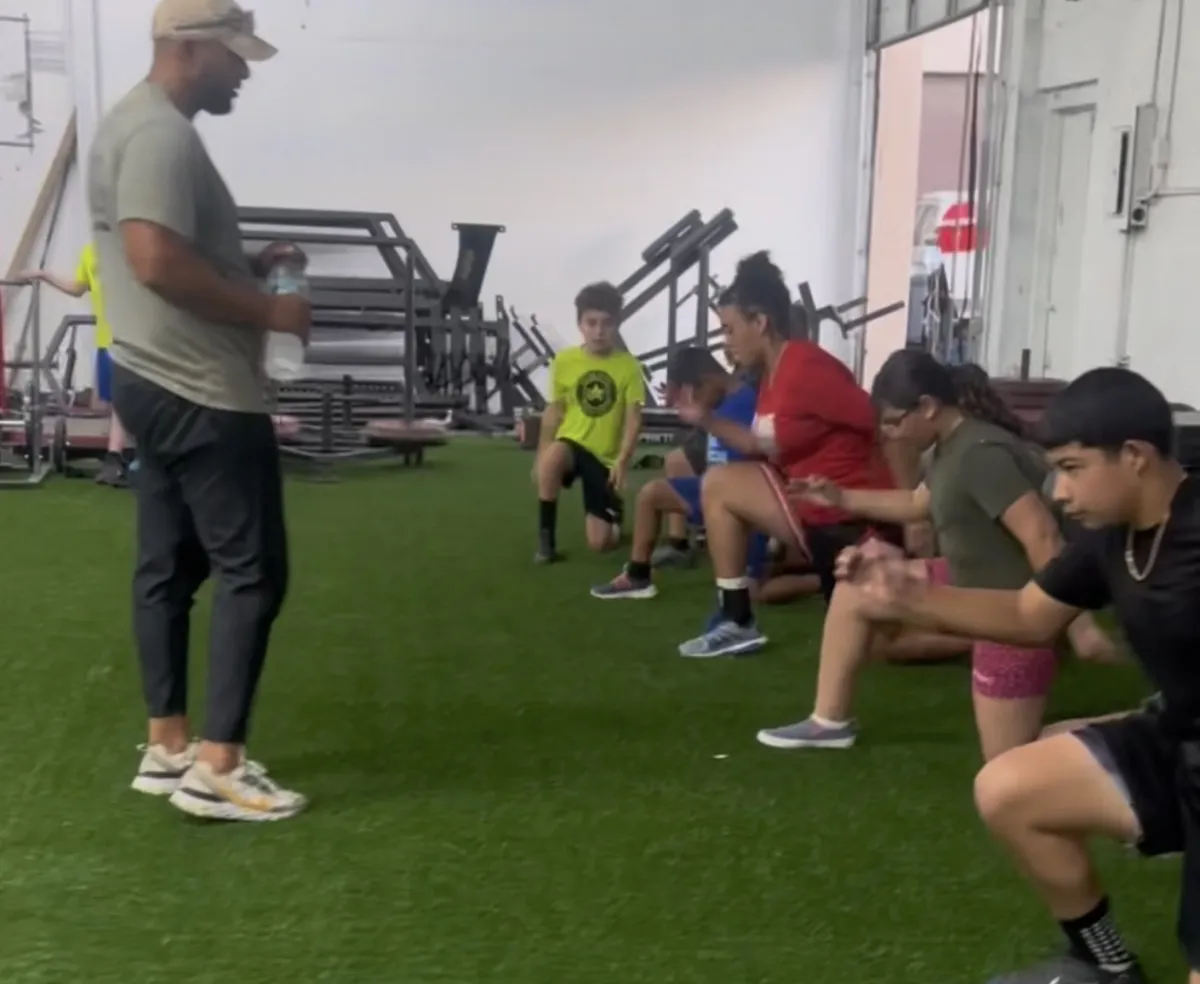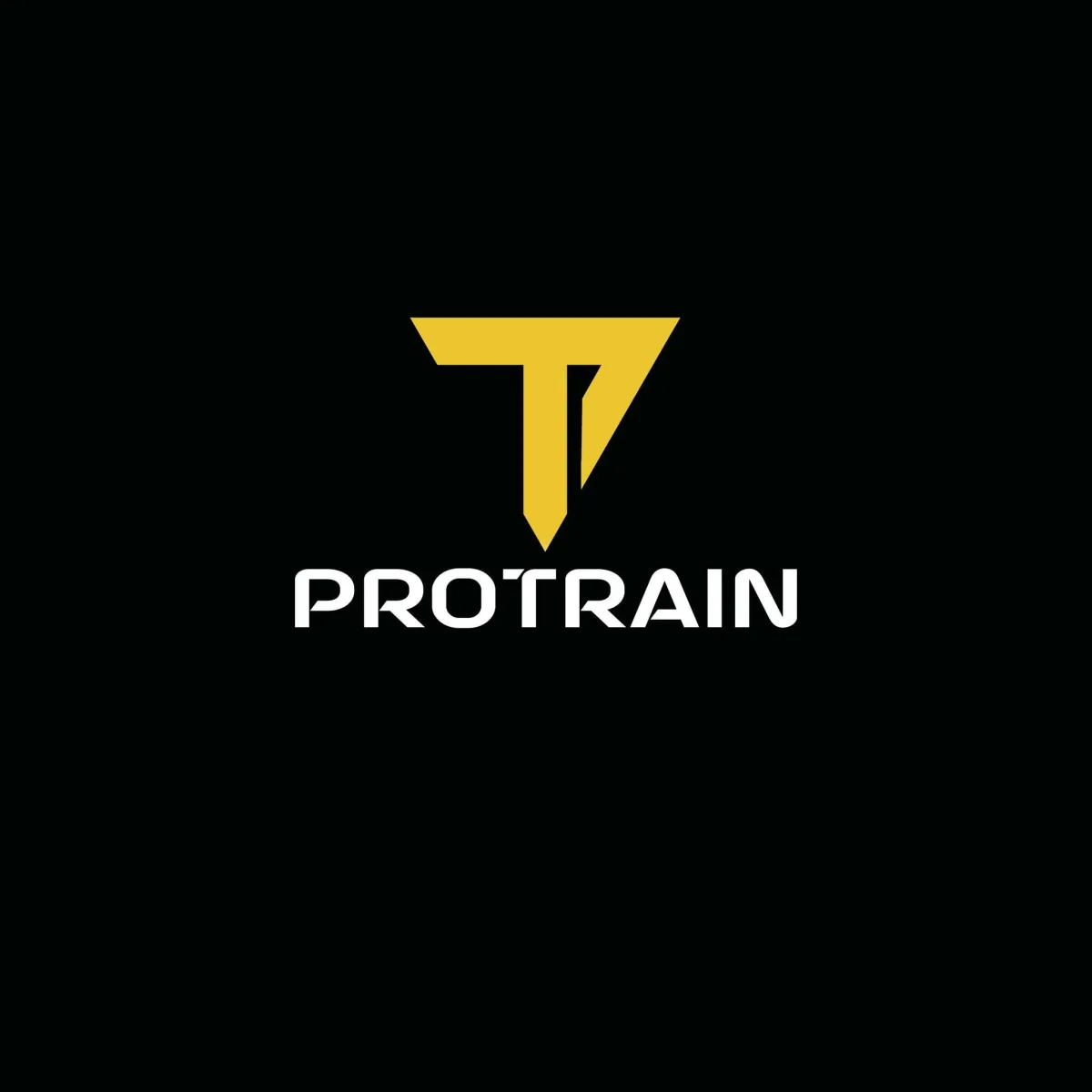
Skill Work vs. Athletic Development: Getting the Balance Right
Skill Work vs. Athletic Development: Getting the Balance Right
One of the biggest mistakes athletes make today is focusing too much, too soon, on position-specific drills. Quarterbacks drilling footwork, receivers running endless routes, linemen practicing hand placement—these things matter. But without the foundation of speed, strength, and general athleticism, it’s like building a house on sand.
The Timeline for Development
Athletes don’t reach their full physical potential overnight. From the moment you start training seriously, it typically takes around three years of consistent work to get close to your genetic potential for speed and strength.
That’s why general development—speed, strength, recovery—must come first. These qualities don’t just make you “athletic,” they make you more resilient, more efficient, and better prepared to execute when the game gets chaotic.
Yes, you need skill-specific drills. But too many athletes flip the order. They skip steps, chasing polish before building the engine.
Speed & Strength Before Skill
Here’s the truth:
✅ You can be strong and fast and still be a bad football player.
✅ But you can’t be a great football player without strength and speed.
Position-specific skill work—route running, blocking, coverage technique—has its place. But without a base of athletic development, those skills won’t hold up in competition.
What happens when you’re asked to change direction at full speed? What happens when you’re fatigued in the fourth quarter? Without the general foundation, all that fine-tuned skill breaks down.
The 7-on-7 Problem
Take 7-on-7s, for example. They’ve become a massive offseason trend. Players spend months traveling, competing, chasing “exposure.”
Here’s the reality: nobody gets recruited off a 7-on-7 tournament. Scouts and coaches want to see you in pads, in real competition, with real contact. Seven-on-seven is essentially glorified flag football.
Worse, it comes at a cost:
✔ Neglecting strength work and speed training
✔ High risk of overuse injuries (hamstrings, ACLs)
✔ False sense of development
Don’t get it twisted—7-on-7 practice can be valuable. Working routes, timing, and chemistry with teammates is great. But treating 7-on-7s as your entire offseason program? That’s gambling your career for bragging rights.
Keep the Priorities Straight
If you’re serious about developing as an athlete, the order is simple:
👉 Speed Development – Build your engine.
👉 Strength Training – Support your speed and reduce injury risk.
👉 Recovery – Stay healthy and maximize gains.
👉 Skill Work – Layer on position-specific drills that translate directly to the field.
Do skill work consistently, but don’t let it replace the foundation. And remember: if it doesn’t transfer to putting on the pads and performing under pressure, it’s not preparing you for what really matters.
Final Word
Athletes who last—the ones who dominate under the lights—are the ones who build a strong, fast, resilient foundation first, and then sharpen it with skill.
Don’t let hype, distractions, or offseason circuits pull you away from what actually moves the needle.
Strength + Speed + Recovery → Skill → Performance.
That’s the formula. That’s PROTRAIN.
Get on the train, or get off the track. 🚂💪
